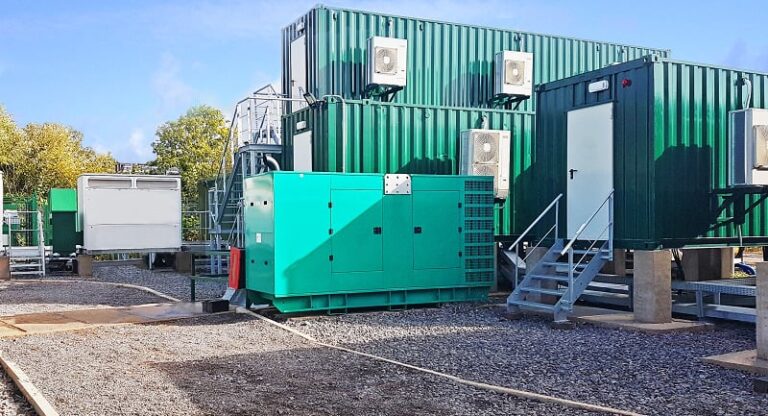Market analysis platform Modo Energy says December 2024 saw the highest battery energy storage revenues in Britain since January 2023.
Modo recorded its highest monthly increase in four years, with revenues rising 65% to £84,000/MW/year between November. Battery energy storage revenues more than doubled in December compared to January 2024, when revenues averaged £36,000/MW/year.
Modo said the high revenues were mainly driven by high wholesale price differentials, which rose 32% in December, and record balancing mechanism (BM) levels, with 141 GWh shipped in December.
Frequency response saw the largest revenue increase, driven by a 94% increase in frequency response clearing prices.
Total reserve revenue reached an all-time high after the new Quick Reserve service went live on December 3, a fivefold increase from the previous record set in March 2024 when Balancing Reserve was launched.
Quick Reserve is responsible for respond quickly to imbalances in supply and demand on the electricity network to quickly reduce the mains frequency to almost 50.0 Hz.
Units operating on the system will be divided into two categories: negative quick reserve (NQR) assets, which will respond when supply exceeds demand, and positive quick reserve (PQR) assets, which will operate when demand exceeds the offer. Eligible units for the system must have a minimum of 1 MW of generation or demand capacity and must be able to meet full NESO requirements within one minute.
The National Energy System Operator (NESO) delivered on commitments it made in late 2024 to improve the methodology used in its control room, increasing battery shipments from 10% in September to 14% in November.
In November, British consultancy Cornwall Insight published forecasts that profits from battery storage units would recover by 2026. According to the company’s GB Battery Revenue Forecast, annual revenues for 2-hour assets rose from around £96/kW in 2025 to £108/kW by 2026.
A version of this article was originally published on our sister site, Current±.


